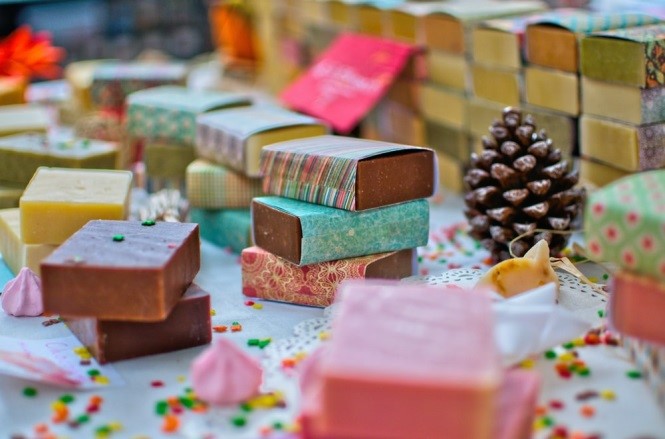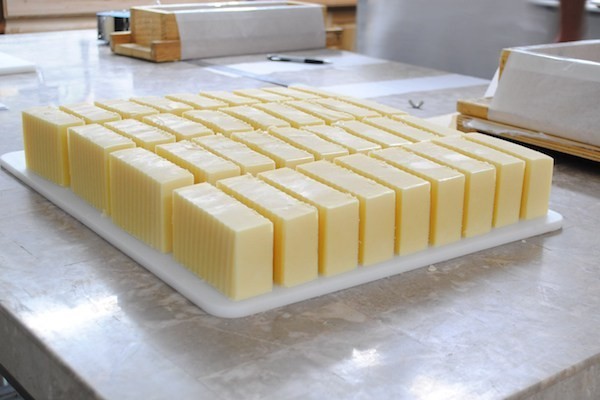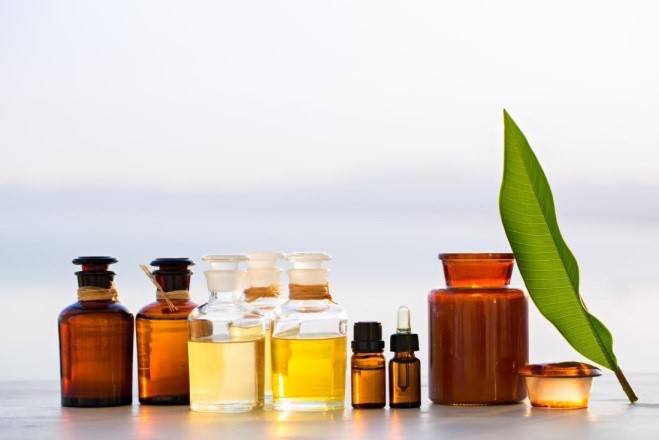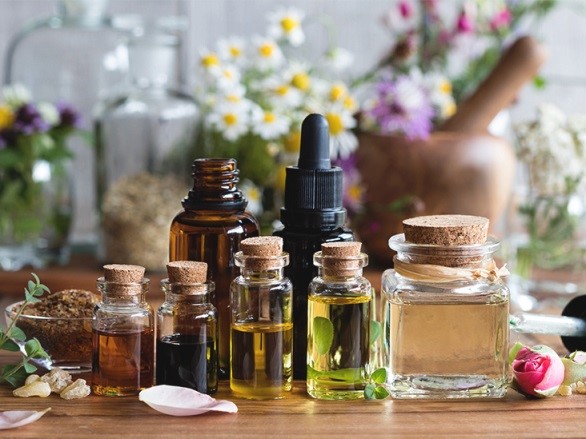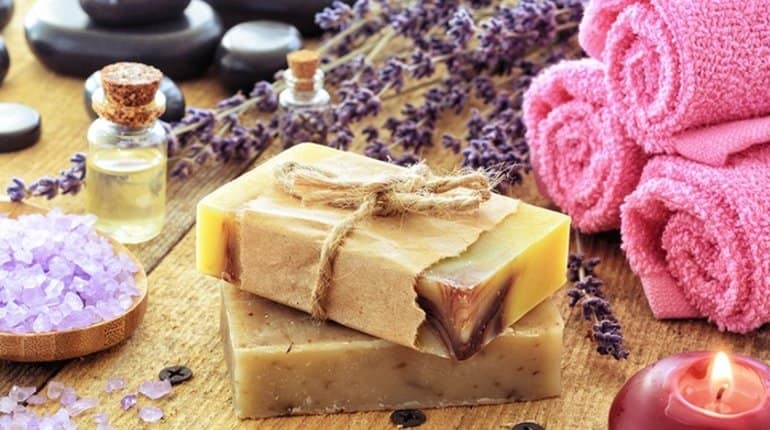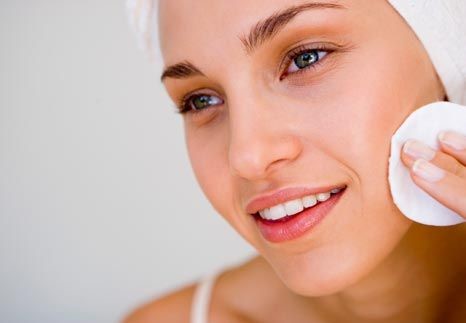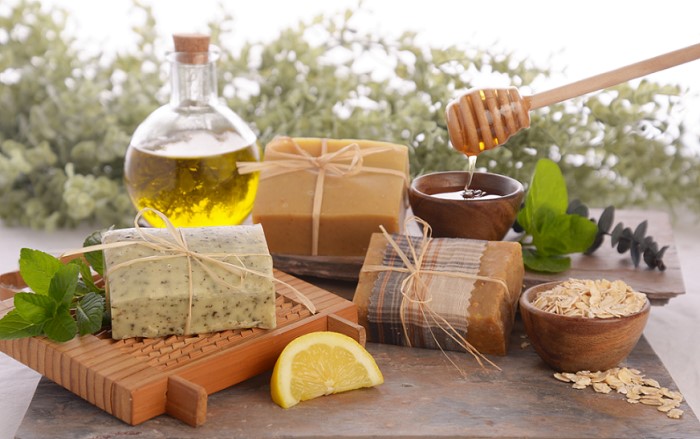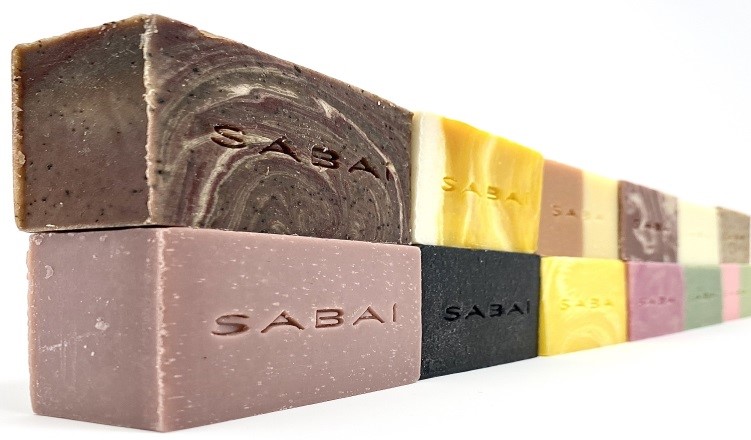Introduction
Soaps are available in numerous sizes, shapes, scented or without fragrance, color, or colorless. You will find facial, moisturizing, antimicrobial, deodorizing, and many different kinds of soaps in the market. Soaps are used daily, whether it is for washing hands or taking a bath. Nevertheless, not all soaps are produced from the same method. Generally speaking, soaps are of two kinds: natural organic soaps and commercially processed soaps.
Natural may have a high selling cost, but that’s due to the reason that they provide you with endless benefits to your overall health and well-being. It is most likely that you have been using the traditional commercial soaps, and if you are looking for a change, then take no time in switching to organic soaps.
What Do Natural Soaps Contain?
Natural/vegan soaps are produced by using different natural ingredients, including organic components as well. Such soaps refrain from adding animal-sourced products like milk, fish oil, lanolin, honey, emu oil, mink oil, grease, urea, and even beeswax. Organic soaps are full of healthy and natural ingredients like cocoa butter, dried herbs, essential oils, olive oil, and coconut oil.
Individuals having sensitive skin will, in particular, see and experience a major difference by utilizing natural organic soaps. You can easily find such soaps in your nearby supermarkets or food stores as well. Moreover, it is important to remember that just because a product avoids animal products does not have to imply that it is friendly for your skin. Make sure to check the label and take a look at the ingredients mentioned. If you find a huge list of names sounding like chemicals, there are chances that they might damage your skin. Another component that several plant-based soaps add-in, is palm oil which you must avoid from.
Process Of Making Commercial And Natural Soaps
Quite often, the soaps you choose among the huge racks of different other soaps are most likely to be produced commercially instead of natural. Though they are named ‘soaps,’ they are nothing except a bar of detergent and harmful chemicals nicely packed up if you examine them closely. Its synthetic components are petroleum-based, and they are changed when they go through chemical procedures in the factories. The correct word for these commercial soaps is that they are not ‘created’ but instead are ‘manufactured’ using different chemical procedures and numerous synthetic cleaning components.
Many commercials might have listed natural oils in their ingredient list, but the truth is to be told they are not the pure and natural oils used while making organic soaps. More or less, they are soapstock, which is attained from purifying the raw form of vegetable oil. So soap stocks are alienated from edible crude as they are thought of as toxins and are quite harmful. Also, talking about glycerin, many of the well-known soap manufacturing companies take it out from the soaps and further sell it to different companies or might use it for more good reasons.
There were times when all the soaps were made naturally. The traditional method to date remains the same, known as the ‘cold process.’ After the soap mixture has been made, it is transferred to the molds to saponify one day. after it dries out and becomes solid, it is taken out and cut into the shape of soap bars and is set aside for a month to cure it.
Moving on, little batches are made on a local level and handled with great caution. You won’t find big and famous organic soap companies because people passionate about making organic soaps take this as a work of love and not aim to maximize their profit. Natural soap making is in itself an art that needs many years to attain perfection. Natural organic soaps are made through saponification procedures, a method in which fats and oils are combined with water and sodium hydroxide. And in the end, you get a gentle and safe soap for which your skin will thank you.
Organic Soaps Hold Ingredients That Ideal For Your Skin
Carrier oils
Organic soaps are created from every natural element possible and mostly those components which are farmed organically. Many of the natural soaps are made from base oils. In many cases, the same base oil used in cooking is added to the organic soap bars. So, if it can be safe for eating, it would provide no harm when applying to the skin. Base oils like olive, castor bean, and coconut oils are used in soap making.
Essential oils
Other components added to natural soap are essential oils. They are the volatile or the scented mixes found in some plants. Many of the essential oils are extracted from edible things such as herbs or citrus fruits. For instance, rosemary or lemon essential oils are used in different natural soap. According to experts applying essential oils directly to your skin is not ideal as it might irritate. But, essential oils mixed with other oils will do just fine.
Glycerin
Many vegan soaps also include glycerin which is the main component in giving moisture to your skin. Many soap-making companies separate the glycerin as it increases the soaps’ lifetime, or perhaps they sell it to other companies. Yet, when glycerin is added to the soap, it works as an ingredient attracting moisture to your skin from the air.
Some Interesting Benefits Of Natural Organic Soaps
1. Organic Soaps Make Your Skin Moisturized
As discussed earlier, the most prime ingredient in making natural soaps is none other than glycerin. It is a great ingredient in moisturizing your skin and is humectant and emollient, making your skin super soft and smooth. Made with traditional methods, natural soaps include glycerin which keeps your skin hydrated while bathing as well.
The soaps bought from local stores or commercially manufactured soaps are processed to remove the glycerin from them. And it is often used in manufacturing different other products like lotions and creams. So, soaps that contain no glycerin are harsh on the skin, make it dry, and its excessive use makes your skin dry, itchy, and rough. In contrast, natural soap companies’ natural vegan soaps contain a food amount of glycerin that retains your skin’s moisture and glow.
2. Vegan Soaps Keep The pH Levels Balanced
pH balance is essential in maintaining the natural barrier of the skin. The pH balance in natural soaps is somewhere between nine to ten. These soaps have a pH level of alkalinity, which makes them a good cleanser for the skin. Also, coconut oil used in organic soaps makes it moisturizing and nurturing while preserving your skin’s pH balance.
3. Antibacterial Properties
Most of the natural oils which are added in the organic soaps have anti-fungal and antibacterial qualities. There are natural, and there is no danger of coming into contact with artificial and harmful chemicals. The natural soaps also contain plant bases organic and essential oils. These help you in giving a relaxed feeling and protect us from bacteria.
4. Soft On The Skin
Natural vegan soaps are very much gentle and soft on the skin, and they are perfect for individuals with sensitive skin and are ideal for children. Many people prefer to use organic soap because of its calming and soothing properties and that it provides no harm to your skin. It preserves the moisture of your skin and keeps your hands and skin extra soft. Also, it was observed that vegan soap bars had helped people with eliminating skin disorders like eczema.
5. Natural Soaps Are Perfect For Vegans
Since natural soaps are made utilizing plant herbs, they make ideal vegan soap. These soaps are free from animal fats and are made using coconut oil infused with different essential oils like rose, tea tree, orange, lavender, cinnamon, lemon, or peppermint.
6. Natural Organic Soaps Are Environment Friendly
The natural elements in vegan soaps call for no toxic extracts to be disposed of in the environment. They are ideal for our habitat as they are broken down simply after being washed down. Moreover, toxic commercial soaps are harmful not only to your skin but also a danger to marine life. The harmful chemicals and pesticides present in the commercial soaps disturb the life cycle of sea animals. Meanwhile, none of the harmful ingredients are used in organic soaps, making them biodegradable and environment-friendly.
Sabai Essential Soaps Are The Best
Sabai Essentials is a leading online brand selling the most authentic and natural organic soaps. They are extremely skin-friendly and feel very moisturizing on the skin. They have a wide assortment of different vegan soaps in different flavors and scents. Check out their coconut mango bar soap and many others on their website given below.
https://spaexpert.com/collections/bath-body/Soap
Conclusion
The different processes through which natural soaps are made are very other than the commercial soaps. Keep in mind that quality matters over quantity and the same goes for buying soaps. You don’t want your skin to get damaged by a bar full of toxic chemicals. Instead, improve your quality of life and well-being by incorporating simple and natural organic soaps.



